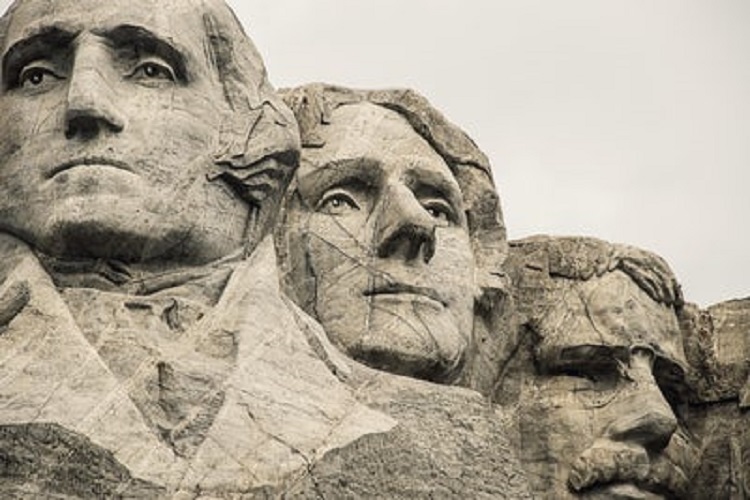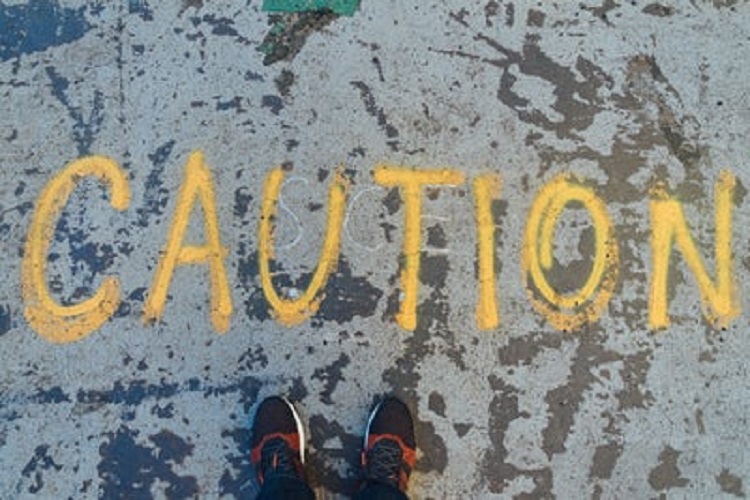Recently I experienced the delight of going on a road trip on a beautiful sunny spring day.
Driving alone on a long trip always gives me added moments to reflect on the happenings of my day and projects that await me back in my office. As I got used to the thunk thunk rhythm of the car’s tires rolling over seams in the cement surface of the highway, my thoughts turned to a presentation on Virtual Integrity that I recently gave to middle schoolers.
In my talk, I mused over the fact that we, as a society, are bombarded with moral decisions every single day. As I drove along, I wondered about decisions, large and small, that need to be made. “Is it moral to keep the speed limit or to ‘stretch’ the law and speed? Is it moral for me to throw out the trash from my window and leave it for others to pick up?”
Given my interest in social media and my work around tech integration in our Diocese classrooms, it’s not surprising that I also wondered: “Is it moral to stretch the truth with regards to our identity in the cyberspace? When this happens, is it the same as lying in a face-to-face conversation?”
In a society that proclaims freedom for all, how and who does the deciding on what is right and what is wrong? How did our founding fathers grapple with this question as they tried to build the foundation for a new country so many years ago?
As I write this post for the Voices blog, I am cognizant of the fact that I am writing for an audience that may not, on a regular basis, muse over questions of morality” of what is right and wrong. That doesn’t mean that personal actions or thoughts that were considered moral were not on the minds of our Founding Fathers. Thomas Jefferson wrote: “Man has been subjected by his Creator to the moral law, of which his feelings, or conscience as it is sometimes called, are the evidence with which his Creator has furnished him….” Moral truth – also described as the natural law – was indeed part of their vision.
Robert Bork, author of The Tempting of America, states:
[Natural law] refers to principles about ultimate right and wrong that transcend particular nations and cultures and are true for all people at all times. Most of us feel intuitively that natural law exists, though we differ, both as to its source and its content. For some, it is ordained by God; for others, it arises from the nature of human beings, even if we are evolutionary accidents; or it may simply express the requirements for anything recognizable as a society. Whatever its source, natural law’s content is discovered by reason.
So where am I going with all of this? Part of the Natural Law that Bork explained above deals with truth. When a person lives by truth and expresses truth in his/her actions or acts according to the values, beliefs and principles they claim to hold, that person possesses integrity (as defined by Wikipedia).
A digital footprint makes two impressions
Integrity is a key virtue, I believe, for today’s culture and current digital citizens. One blogger I recently read (an internet marketer, in fact) listed five reasons why Integrity is Important. The headings come from the blog; the explanations are mine.
People only want to do business [work with] people they trust. In today’s world, each of us who has a digital footprint makes two “impressions”: one in the real world and one in the virtual world. The words and attitudes that we use in both arenas must match. When we achieve this, we become someone whom others can truly rely upon.
Future success depends on doing what is right now. Each and every decision that we make creates a reputation that either affirms or disintegrates personal integrity. Research proves that most contented individuals among us are people who not only respect the virtue of integrity but live an integrity-filled life. This means that whichever “world” (virtual or real) you find yourself interacting with others in, your words ring true and are full of respect.
People follow leaders they believe will get them where they want to go. What our society needs is daring leaders. Men and woman who will do the right thing even when it is difficult. This is where courage is the rubber that meets the road. We need gutsy leaders to model what integrity truly means for all of society.
One bad apple can spoil the bunch. Being a person of integrity does not mean that one is perfect. On the contrary, a person of integrity admits when a mistake is done and tries not to cover it up but make it right. There is a huge difference between the two.
Take a stance in what you believe or others will influence you and decide for you. Deciding not to do or say something is a decision. Define what you believe in, what you value, and what you respect. Reflection is key, I believe, to essential self knowledge — to creating a personal “report card” on your growth as a person of integrity.
Personal integrity is not about what “I” think is right or wrong. It is a stance, a perspective of life, a mode of living that is true for everyone in all cultures in all ages. What is right is right. What is truth is truth. It is natural law. Online as a digital citizen, offline, all the time.
The original version of this post, written by Sr Geralyn Schmidt , appeared in this blog in May of 2013.
Sr Geralyn Schmidt
Latest posts by Sr Geralyn Schmidt (see all)
- Virtual Integrity and the Digital Citizen - April 27, 2019
- Eight Aspects of Good Teaching - December 4, 2013
- Does Your School Need a Culture Re-Boot? - August 15, 2013






This was an excellent article, Thank You Sister Schmidt! It may interest some to know my former Atheist son-in-law who is a MAJOR techy became a Convert (year ago, Easter Vigil) after I gave him C.S. Lewis’s Mere Christianity. It was the Moral Law angel Lewis writes about that hooked him.
Carmen,
Thanks for your comment! It never ceases to amaze me the journey that we all live out day to day! Keep the faith!